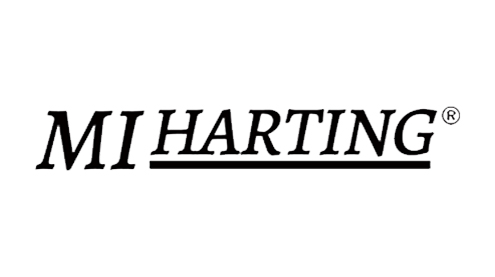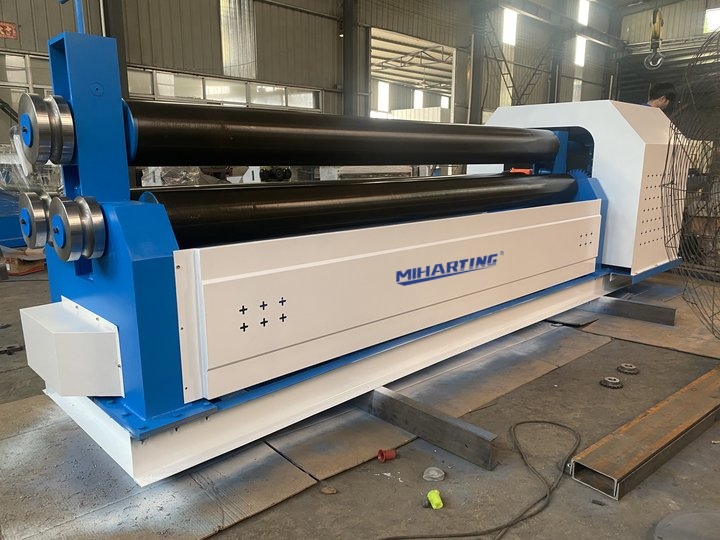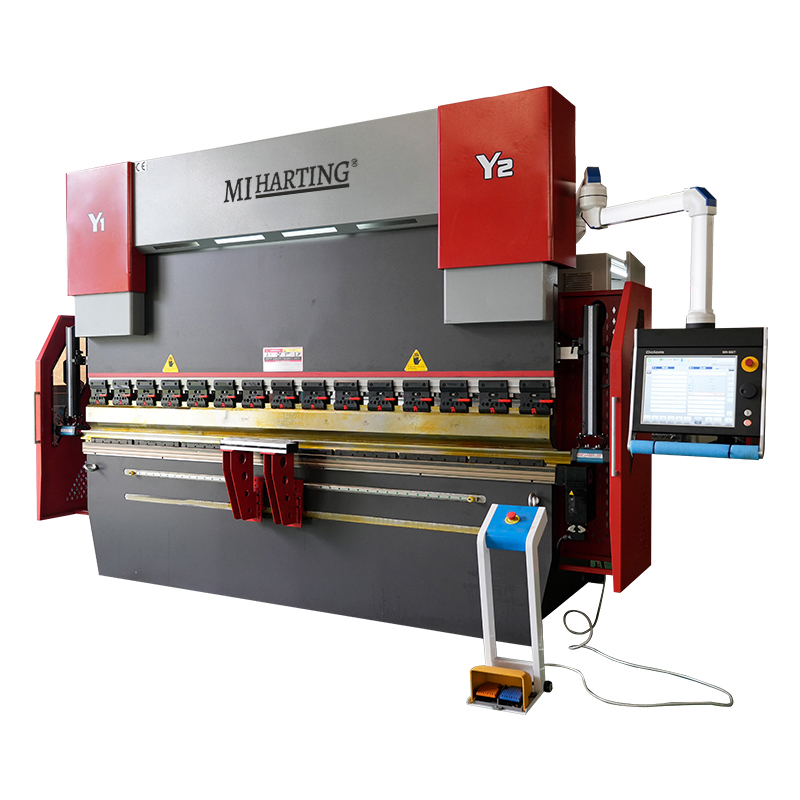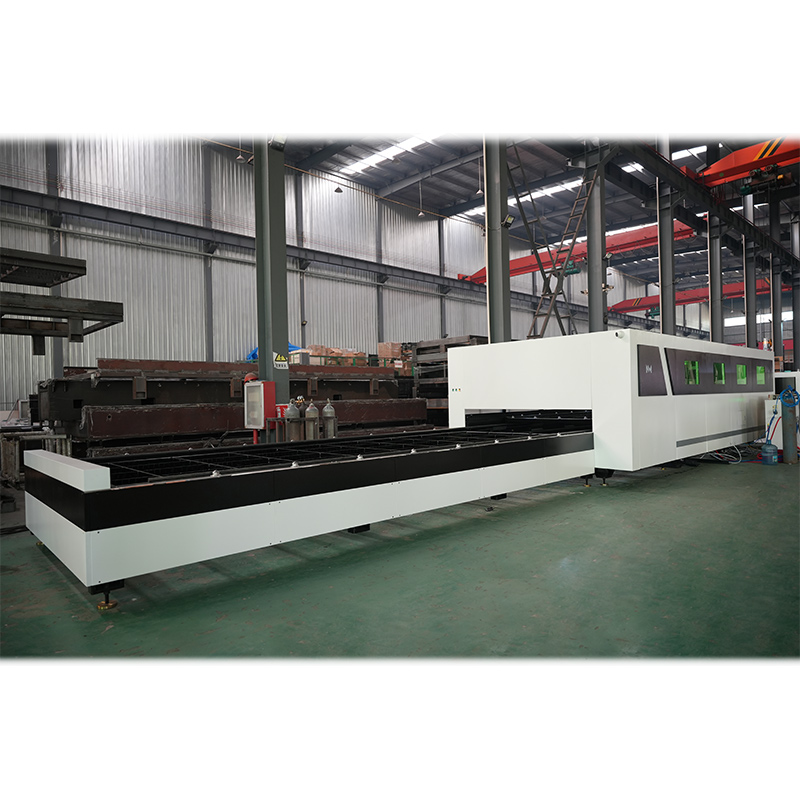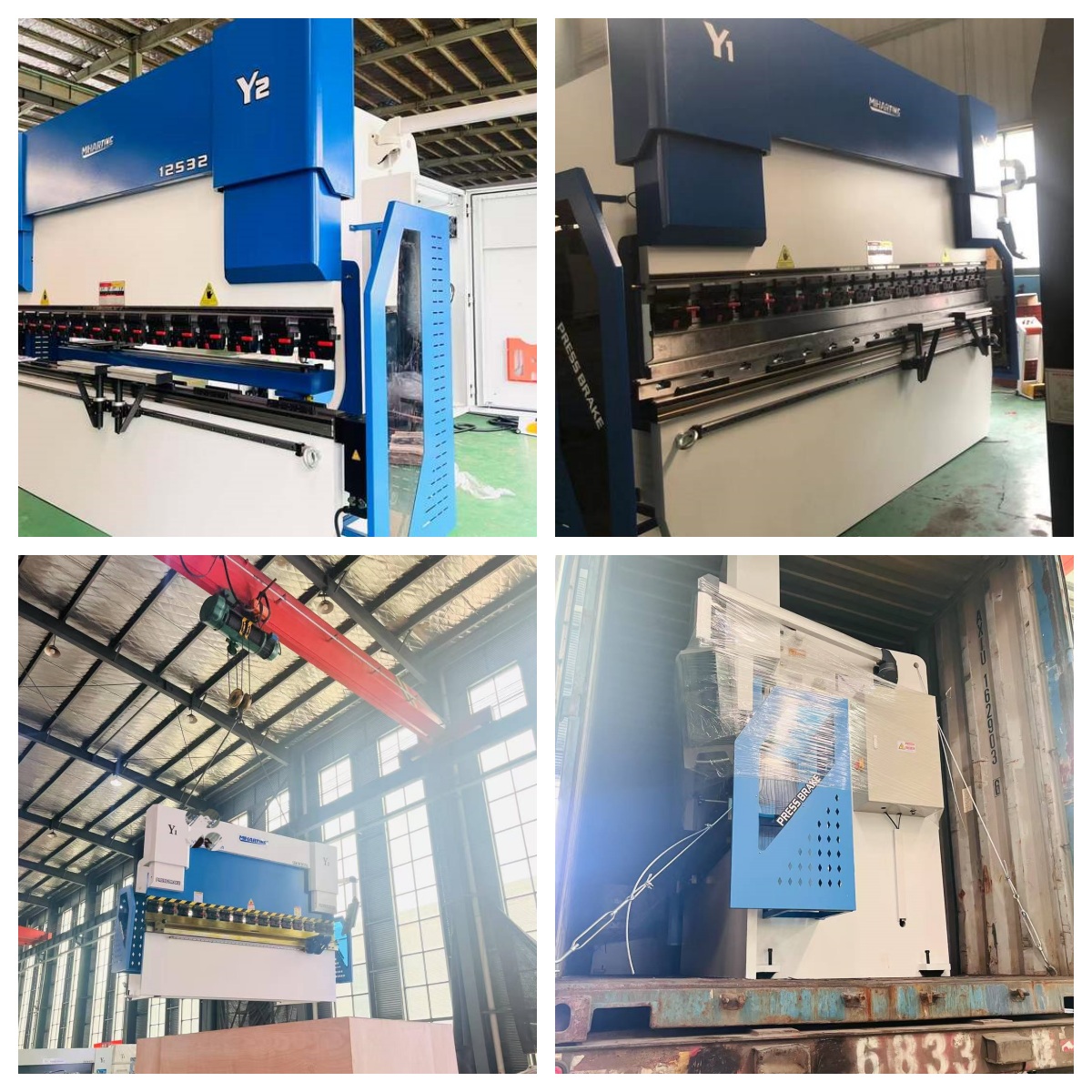As a seasoned writer with over a decade of experience in the realm of metal fabrication, I present this in-depth exploration of the indispensable tool, the metal sheet bending machine. Delve into the world of these remarkable machines as we unravel their advantages, features, and profound impact on the industry.
Types of Metal Sheet Bending Machines
The world of metal sheet bending machines is a diverse one, with each type tailored to specific needs. Here are the primary categories:
Mechanical Bending Machines
The tried-and-tested mechanical bending machines utilize gears, shafts, and cranks to apply force. Their robust construction ensures longevity and precision.
Hydraulic Bending Machines
Hydraulic bending machines employ the power of hydraulics to deliver exceptional bending force. Their high accuracy and versatility make them a preferred choice for complex bends.
Hybrid Bending Machines
Hybrid bending machines ingeniously combine the precision of hydraulics with the power of mechanical components. They offer a unique blend of accuracy and efficiency.
Advantages of Metal Sheet Bending Machines
Metal sheet bending machines bestow a wealth of advantages upon the metal fabrication industry:
Precision Bending
With their advanced control systems, bending machines deliver exceptional accuracy, ensuring consistent and precise bends time after time.
Increased Efficiency
Automation features, such as automatic angle measurement and backgauge adjustment, significantly increase productivity and reduce labor costs.
Versatile Applications
Bending machines cater to a wide range of applications, from simple bends to complex shapes, making them indispensable in industries like automotive, aerospace, and construction.
Features of Metal Sheet Bending Machines
The features of metal sheet bending machines play a crucial role in their functionality:
CNC Control
CNC (Computer Numerical Control) systems provide precise and automated control over bending parameters, minimizing human error and maximizing efficiency.
Tooling Options
A vast array of tooling options allows for customized bending operations, accommodating various material thicknesses and shapes.
Safety Features
Advanced safety features, such as emergency stop buttons and light curtains, ensure a safe working environment for operators.
Tips and Suggestions for Optimal Performance
To maximize the performance of metal sheet bending machines, consider these expert tips:
Proper Tooling Selection
Choosing the appropriate tooling is critical to achieve precise bends. Consult experienced technicians for guidance.
Regular Maintenance
Regular cleaning, lubrication, and calibration ensure optimal machine performance and longevity.
Skilled Operators
Training operators on proper machine handling and bending techniques is essential for maximizing productivity and safety.
Applications Across Industries
Metal sheet bending machines find application in a multitude of industries, including:
Automotive Industry
Bending machines shape panels for car bodies, chassis, and other components, ensuring precise fit and durability.
Aerospace Industry
The precision of bending machines is vital in crafting aircraft parts that demand the utmost accuracy and structural integrity.
Construction Industry
Bending machines create structural supports, roofing panels, and other components for building construction.
Case Studies and Success Stories
The transformative impact of metal sheet bending machines is evident in the following success stories:
Case Study: Automated Production Line
A leading automotive manufacturer implemented automated bending lines, resulting in a 40% increase in production capacity.
Success Story: Complex Aircraft Component Manufacturing
A renowned aerospace company utilized highly specialized bending machines to create intricate components for fighter jets.
Inspirational Story: From Hobbyist to Entrepreneur
A passionate hobbyist leveraged his skills in metal bending to establish a flourishing small business specializing in custom fabrications.
Troubleshooting Common Issues
Metal sheet bending machines, like any machinery, may encounter occasional issues:
Inaccurate Bends
Inaccurate bends can often be attributed to improper tooling selection or machine calibration errors.
Machine Malfunctions
Machine malfunctions can be caused by a variety of factors, from electrical issues to hydraulic failures.
Safety Hazards
Always prioritize safety by identifying and addressing any potential hazards, such as loose wires or slippery floors.
FAQ (Frequently Asked Questions)
Let us address some of the frequently asked questions regarding metal sheet bending machines:
What is the maximum bending thickness a machine can handle?
Bending capacity varies depending on the machine model and material properties. Consult the manufacturer's specifications for specific details.
How do I choose the right machine for my application?
Consider the required bending capacity, material thickness, and desired accuracy. Professional advice from experienced technicians is highly recommended.
Is machine maintenance difficult?
Regular maintenance intervals are crucial. Follow the manufacturer's guidelines and consult certified technicians for complex repairs.
Industry Trends and Future Developments
The future of metal sheet bending machines holds exciting possibilities:
Smart Machines
Smart machines equipped with AI and IoT capabilities are poised to revolutionize the industry, enabling predictive maintenance and automated optimization.
Increased Automation
Automation is steadily gaining momentum, promising even greater productivity and cost savings.
Sustainable Innovations
Sustainability is becoming a driving force, with the development of energy-efficient bending machines and eco-friendly materials.
Conclusion
Metal sheet bending machines stand as indispensable tools in the metal fabrication industry, offering precision, efficiency, and versatility. Their impact is profound, shaping countless applications across diverse sectors. Embracing the latest advancements and best practices ensures that these machines continue to revolutionize the way we work with metal. As the future unfolds, we can anticipate even more groundbreaking innovations that will propel the industry to new heights.
